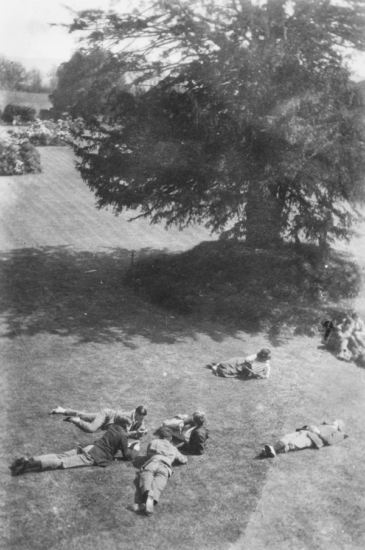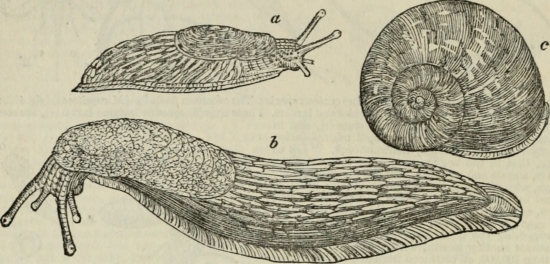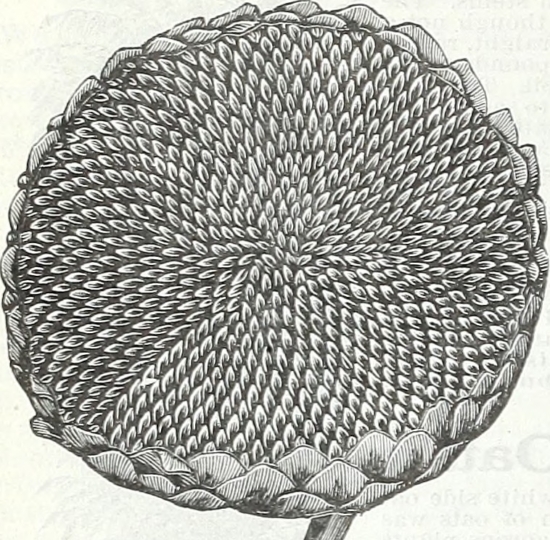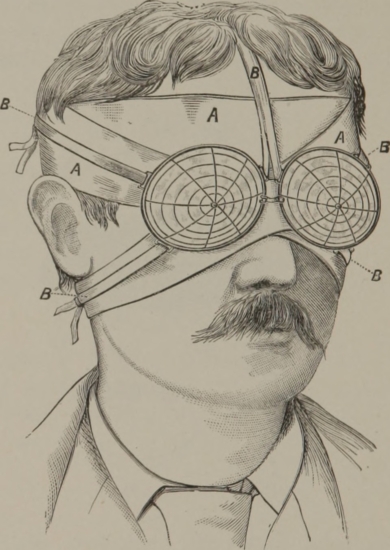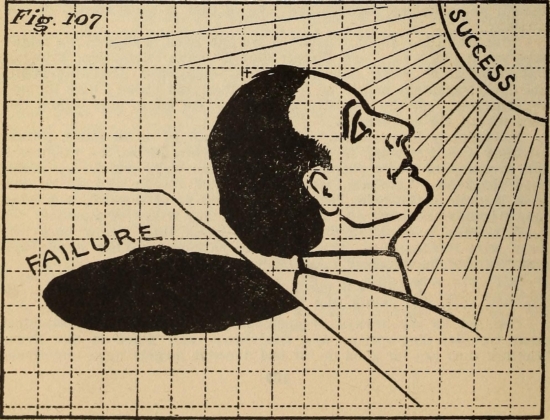*Space* All pedagogical activity takes place within space, some physical institutions, some are liminal observations and others are digital environments, however the locale directly informs the type of education experience created. Transdisciplinary education, in its effort to dismantle disciplinary boundaries, must also dismantle the boundaries that often separate pedagogical environments and the spaces they rest…
